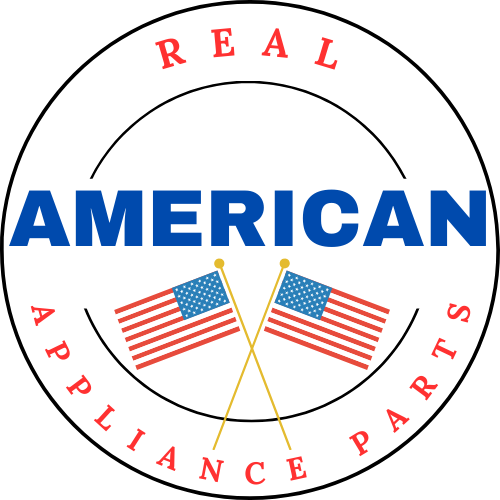5 Essential Asset Management Tips to Keep Your Appliance Repair Fleet Safe, Reliable, and Compliant
For an appliance repair business, your work trucks are more than just vehicles—they’re the backbone of your operations. A broken-down truck means missed appointments, unhappy customers, and lost revenue. That’s why proper fleet asset management is critical to keeping your business running smoothly.
Here are five key asset management tips to keep your fleet of work trucks on the road, safe, and fully compliant with motor vehicle regulations.
1. Stay on Top of Preventative Maintenance
Skipping routine maintenance to save time or money is a costly mistake. Preventative maintenance keeps your trucks in peak condition and reduces the risk of unexpected breakdowns.
Key maintenance tasks to schedule regularly:
✔ Oil changes and fluid top-offs
✔ Tire inspections and rotations
✔ Brake checks and replacements
✔ Battery and electrical system inspections
✔ Engine and transmission diagnostics
Tip: Keep a digital log of maintenance schedules and service records for each vehicle to ensure nothing gets overlooked.
2. Conduct Daily Vehicle Inspections
A small issue can turn into a major problem if left unchecked. Daily pre-trip and post-trip inspections help catch potential hazards before they lead to costly repairs or safety violations.
Technicians should check for:
- Tire pressure and tread wear
- Fluid leaks under the vehicle
- Functioning headlights, brake lights, and turn signals
- Unusual engine noises or warning lights
- Securely stored tools and equipment
Using a standardized inspection checklist ensures consistency and accountability among your team.
3. Keep Fleet Vehicles Compliant with Regulations
Failing to comply with motor vehicle regulations can result in hefty fines or even having a truck pulled from service. Stay compliant by:
✔ Ensuring all vehicles are properly registered and insured
✔ Keeping up with emissions and safety inspections
✔ Making sure drivers have valid licenses and any necessary certifications
✔ Understanding local, state, and federal regulations for commercial vehicles
If your trucks exceed a certain weight class or travel across state lines, additional compliance requirements may apply—stay informed to avoid legal trouble.
4. Use GPS Tracking and Fleet Management Software
Investing in GPS tracking and fleet management software can help you monitor your vehicles in real time, reduce fuel costs, and improve efficiency. These tools allow you to:
✔ Track vehicle locations to optimize routes and reduce delays
✔ Monitor driver behavior (speeding, harsh braking, idling)
✔ Schedule maintenance reminders based on mileage and usage
✔ Prevent unauthorized vehicle use
A well-managed fleet is more efficient, safer, and ultimately saves money in fuel and repairs.
5. Train Drivers on Safety and Best Practices
Even the best-maintained vehicle is only as safe as the person behind the wheel. Proper driver training can prevent accidents, reduce wear and tear on vehicles, and lower insurance costs.
Key training topics include:
- Defensive driving techniques
- Safe handling of tools and equipment in the truck
- Avoiding distractions (phone use, eating, etc.)
- Proper loading and securing of heavy appliances
- Understanding vehicle weight limits and safe driving speeds
Encouraging a culture of safety and responsibility among your team helps extend the lifespan of your fleet and protects your business from liability.
Final Thoughts
Your work trucks are one of your most valuable business assets—treating them as such is essential for keeping your appliance repair business running efficiently. By implementing preventative maintenance, daily inspections, regulatory compliance, fleet management technology, and driver training, you’ll reduce downtime, improve safety, and keep your fleet on the road for years to come.
Investing in proper fleet asset management now saves money, boosts reliability, and keeps your business moving forward. Don’t wait until a breakdown costs you a day’s worth of service calls—take action today!
